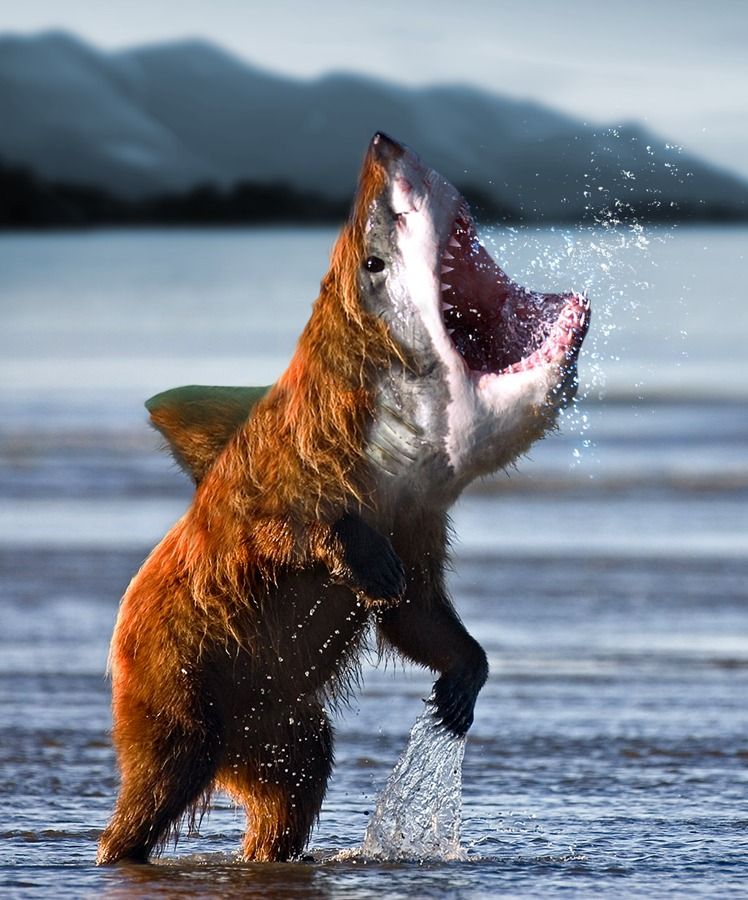joseephuss
Well-Known Member
- Messages
- 28,042
- Reaction score
- 6,920
http://news.yahoo.com/world-first-hybrid-shark-found-off-australia-070347608.html
World-first hybrid shark found off Australia
Scientists said on Tuesday that they had discovered the world's first hybrid sharks in Australian waters, a potential sign the predators were adapting to cope with climate change.
The mating of the local Australian black-tip shark with its global counterpart, the common black-tip, was an unprecedented discovery with implications for the entire shark world, said lead researcher Jess Morgan.
"It's very surprising because no one's ever seen shark hybrids before, this is not a common occurrence by any stretch of the imagination," Morgan, from the University of Queensland, told AFP.
"This is evolution in action."
Colin Simpfendorfer, a partner in Morgan's research from James Cook University, said initial studies suggested the hybrid species was relatively robust, with a number of generations discovered across 57 specimens.
The find was made during cataloguing work off Australia's east coast when Morgan said genetic testing showed certain sharks to be one species when physically they looked to be another.
The Australian black-tip is slightly smaller than its common cousin and can only live in tropical waters, but its hybrid offspring have been found 2,000 kilometres down the coast, in cooler seas.
It means the Australian black-tip could be adapting to ensure its survival as sea temperatures change because of global warming.
"If it hybridises with the common species it can effectively shift its range further south into cooler waters, so the effect of this hybridising is a range expansion," Morgan said.
World-first hybrid shark found off Australia
Scientists said on Tuesday that they had discovered the world's first hybrid sharks in Australian waters, a potential sign the predators were adapting to cope with climate change.
The mating of the local Australian black-tip shark with its global counterpart, the common black-tip, was an unprecedented discovery with implications for the entire shark world, said lead researcher Jess Morgan.
"It's very surprising because no one's ever seen shark hybrids before, this is not a common occurrence by any stretch of the imagination," Morgan, from the University of Queensland, told AFP.
"This is evolution in action."
Colin Simpfendorfer, a partner in Morgan's research from James Cook University, said initial studies suggested the hybrid species was relatively robust, with a number of generations discovered across 57 specimens.
The find was made during cataloguing work off Australia's east coast when Morgan said genetic testing showed certain sharks to be one species when physically they looked to be another.
The Australian black-tip is slightly smaller than its common cousin and can only live in tropical waters, but its hybrid offspring have been found 2,000 kilometres down the coast, in cooler seas.
It means the Australian black-tip could be adapting to ensure its survival as sea temperatures change because of global warming.
"If it hybridises with the common species it can effectively shift its range further south into cooler waters, so the effect of this hybridising is a range expansion," Morgan said.




